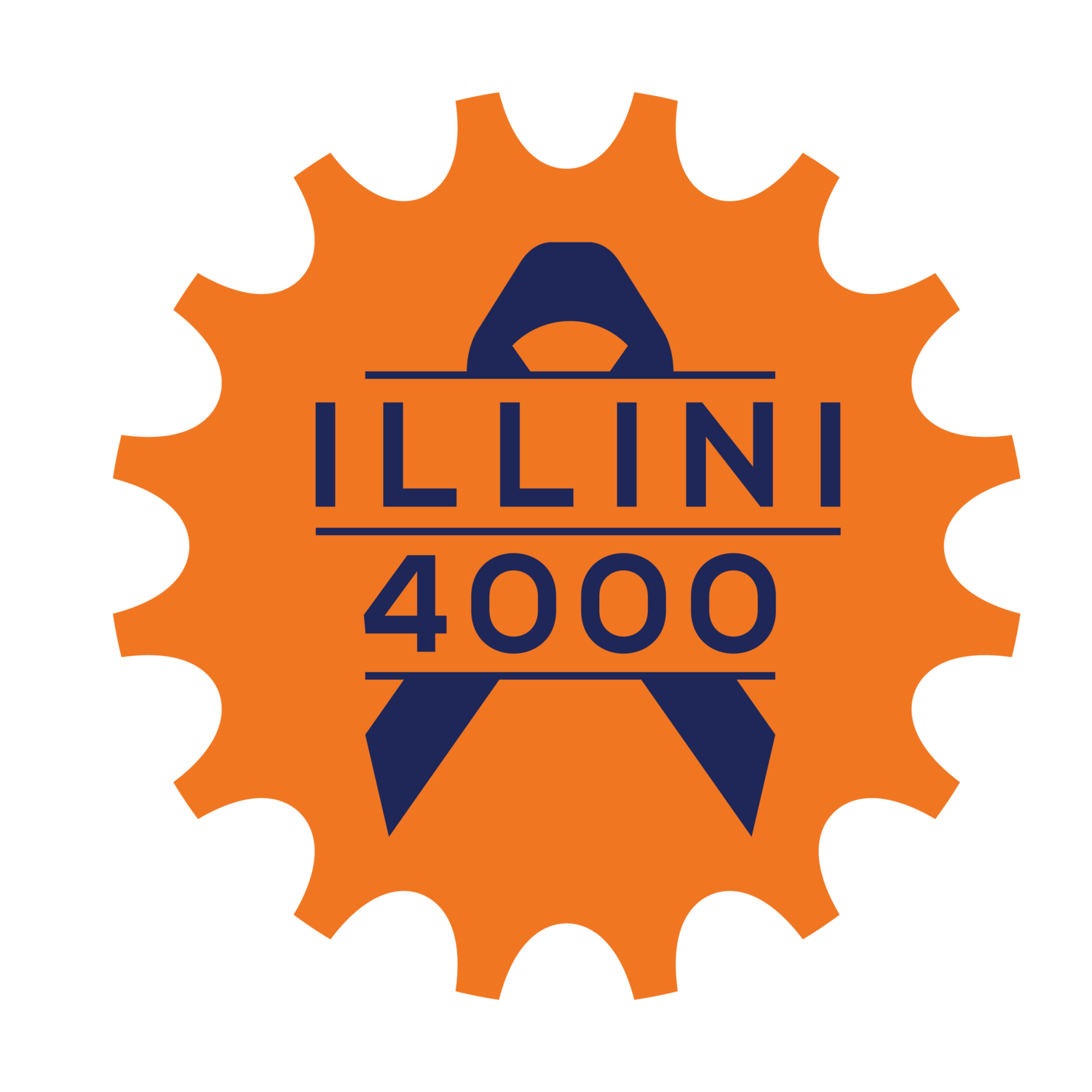Food donations, while always appreciated, can be a mixed blessing. Case in point: bagels. During the ride along last Sunday, we happened to run into another fundraising bike ride for cancer research which was just wrapping up and had two garbage bags of bagels to get rid of. Naturally, we happily took the extra food off their hands, but by yesterday many of us were wishing we handn't. After six days of bagels for breakfast, bagels for snacks, bagels for lunch, and yes, even a pizza-bagel dinner, I don't think I want to see another bagel for as long as I can manage. The good and bad news is that we can occasionally score bagels from Panera by the garbage bagful, saving us a boatload on food costs but testing our tolerance for stomach dry, dense food units for every meal. To be fair, the pizza bagels were both clever and delicious, but I'm looking forward to some cereal for breakfast tomorrow and some white bread PBJ for lunch.
Matt Cillick (who, by the way, just joined the team today) somehow managed to score us a tour of the Mayo Clinic in Rochester at 2, so yesterday we were on the road by 5:15 to be sure we were there in time. As it happened, we grossly overestimated how long the ride would take, but it was nice to roll into the stayover by noon ahead of the sweltering hid of mid-afternoon. After miles of rolling hills through fields of corn and soy dotted with the occasional dairy farm, Rochester suddenly sprung out of nowhere, complete with almost comically large buildings which towered amidst the surrounding agriculture. We later learned that the majority of those buildings are part of the Mayo Clinic Campus, a metropolis of healthcare and one of the leading cancer research centers in the U.S. Erik recently commented that you can tell a lot about what a town values by what's at the center. In Mitchell, SD, they place a pretty big premium on corn, if the world's one and only Corn Palace is any indication. In Rochester, health is king.
The clinic was dazzling, and an impressive integration from "bench to bedside," that is, lab research to personal care. We learned a lot more about the biology of cancer, and how malignant cells move throughout the body and establish themselves in new parts of the body. This trip, in a way, in an integration was well - we do the fundraising, talk to patients, and learn the biology, all while somehow rolling 70 miles a day. Not a bad deal.
-T
